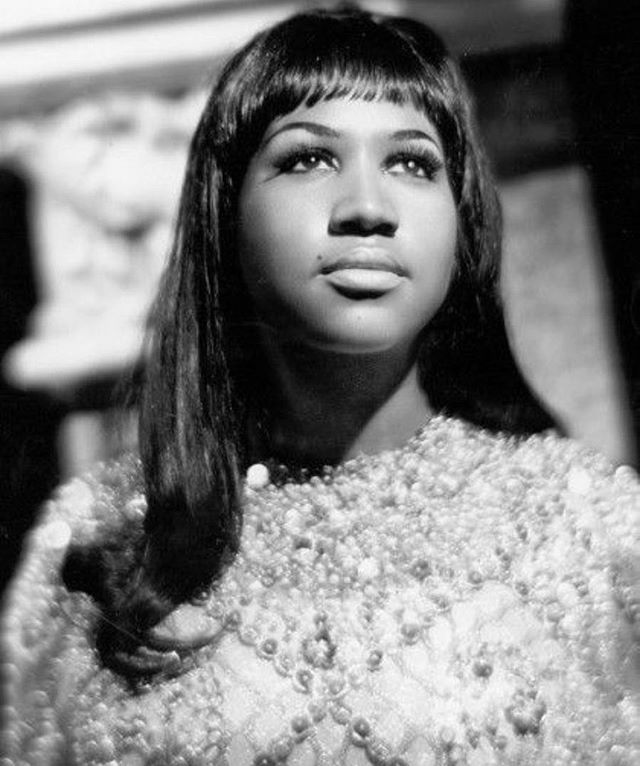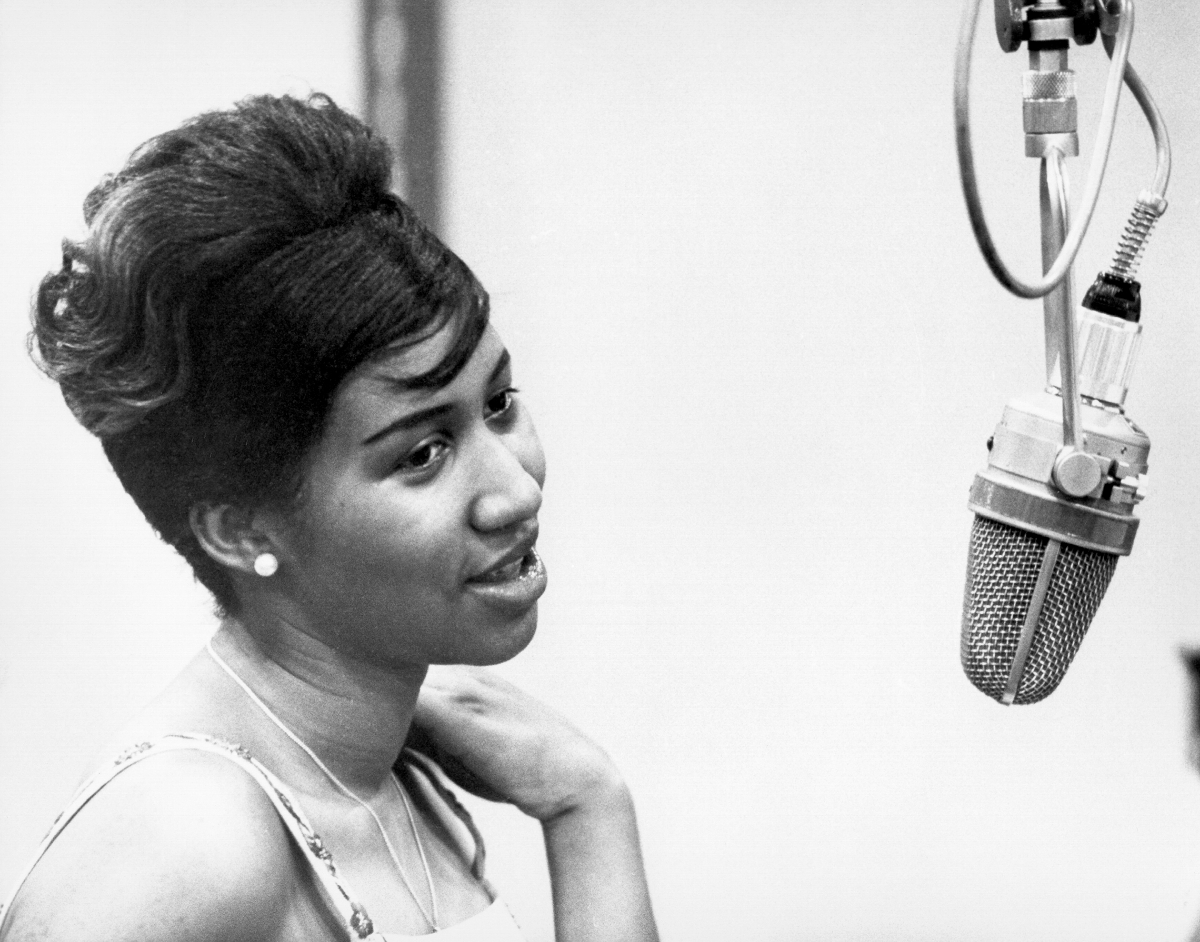Aretha Franklin, often hailed as the "Queen of Soul," has left an indelible mark on the music industry. From her powerful voice to her emotional performances, she captivated audiences worldwide. But what many may not know is that her journey to superstardom began in her youth. Aretha Franklin young was a time filled with passion, struggles, and immense talent that would eventually lead her to become one of the most influential musical figures in history. As we delve into her early life, we uncover the roots of her extraordinary career and the experiences that shaped her into the legend she would become.
Born in Memphis, Tennessee, and raised in Detroit, Michigan, Aretha's upbringing was steeped in music and spirituality. Her father, Reverend C.L. Franklin, was a prominent Baptist minister, and her mother, Barbara, was a talented pianist and vocalist. This rich musical environment played a pivotal role in shaping Aretha's artistic inclinations and her understanding of gospel music. In this article, we will explore the various facets of Aretha Franklin's young life and how these experiences contributed to her remarkable career.
Throughout her childhood and teenage years, Aretha faced various challenges, including the loss of her mother and struggles with self-identity. Despite these obstacles, her talent shone through, leading her to make her first recordings at a young age. Join us as we take a closer look at Aretha Franklin young, from her early influences to her rise as a global icon.
What Was Aretha Franklin's Early Life Like?
Aretha Franklin was born on March 25, 1942, in Memphis, Tennessee. Coming from a musical family, she was exposed to gospel music from an early age, which heavily influenced her later work. After her parents' separation, she moved to Detroit, Michigan, where she was raised by her father, Reverend C.L. Franklin, a well-known preacher and civil rights activist.
When Did Aretha Franklin Start Singing Professionally?
Aretha's professional singing career began at the tender age of 14, when she recorded her first album, "Songs of Faith," in 1956. The album featured gospel music, showcasing her powerful vocal abilities and deep emotional resonance. This early exposure to recording helped establish her as a formidable talent in the music industry.
What Influenced Aretha Franklin's Music Style?
Aretha's music style was a blend of gospel, R&B, and soul. Growing up in a religious environment, she was heavily influenced by gospel music, which became the foundation of her powerful singing style. Artists like Mahalia Jackson and Clara Ward were also significant influences on her early work. As she transitioned to secular music, Aretha's sound evolved, incorporating elements of blues and jazz, making her a versatile artist.
What Were Some of Aretha Franklin's Early Achievements?
Throughout her young career, Aretha Franklin achieved several milestones that would set the stage for her future success. Some of her notable early achievements include:
- Recording her first album at 14 years old.
- Signing with Columbia Records in 1960, where she began to explore a more diverse range of musical styles.
- Achieving her first chart success with "Today I Sing the Blues" in 1961.
- Transitioning to Atlantic Records in 1967, which marked the beginning of her era as the "Queen of Soul."
How Did Aretha Franklin's Family Impact Her Career?
Aretha's family played a crucial role in her life and career. Her father, Reverend C.L. Franklin, was not only a preacher but also a charismatic figure in the civil rights movement. He encouraged Aretha's musical pursuits and provided her with a strong foundation in gospel music. Additionally, her mother's influence as a talented musician helped shape Aretha's artistic sensibilities.
What Challenges Did Aretha Franklin Face in Her Youth?
Despite her immense talent, Aretha faced numerous challenges during her youth. The loss of her mother at a young age deeply affected her, leading to struggles with identity and self-worth. Furthermore, growing up in a male-dominated industry presented its own set of obstacles, including discrimination and societal expectations. However, Aretha's resilience and passion for music allowed her to overcome these hurdles and thrive in her career.
How Did Aretha Franklin Young Pave the Way for Her Legacy?
The experiences and challenges Aretha Franklin faced during her youth ultimately laid the groundwork for her incredible legacy. Her ability to blend different musical styles, coupled with her powerful voice, set her apart as an artist. As she transitioned into adulthood and began releasing hit records, the world would soon recognize her as a musical icon.
Aretha Franklin young was a time of discovery, growth, and passion for music. Her journey from a young girl singing in church to becoming the "Queen of Soul" is a testament to her talent and determination. By understanding her early years, we can better appreciate the remarkable legacy she left behind and the impact she had on the music industry.
Conclusion: Why Is Aretha Franklin an Icon of Music?
Aretha Franklin's young life was marked by challenges, triumphs, and a relentless pursuit of her passion for music. Her upbringing, family influences, and early achievements played a pivotal role in shaping her into the legendary artist she would become. Aretha Franklin young was not just a phase of her life; it was the foundation upon which her remarkable career was built. As we celebrate her contributions to music and culture, we remember the young girl who transformed into a powerful voice for freedom, love, and resilience.
Exploring The Fascinating World Of Good Luck Charlie Mia
Diane Kruger: A Fascinating Journey Through Her Relationships
Unveiling The Allure Of Kelly Fisher Model 2022


